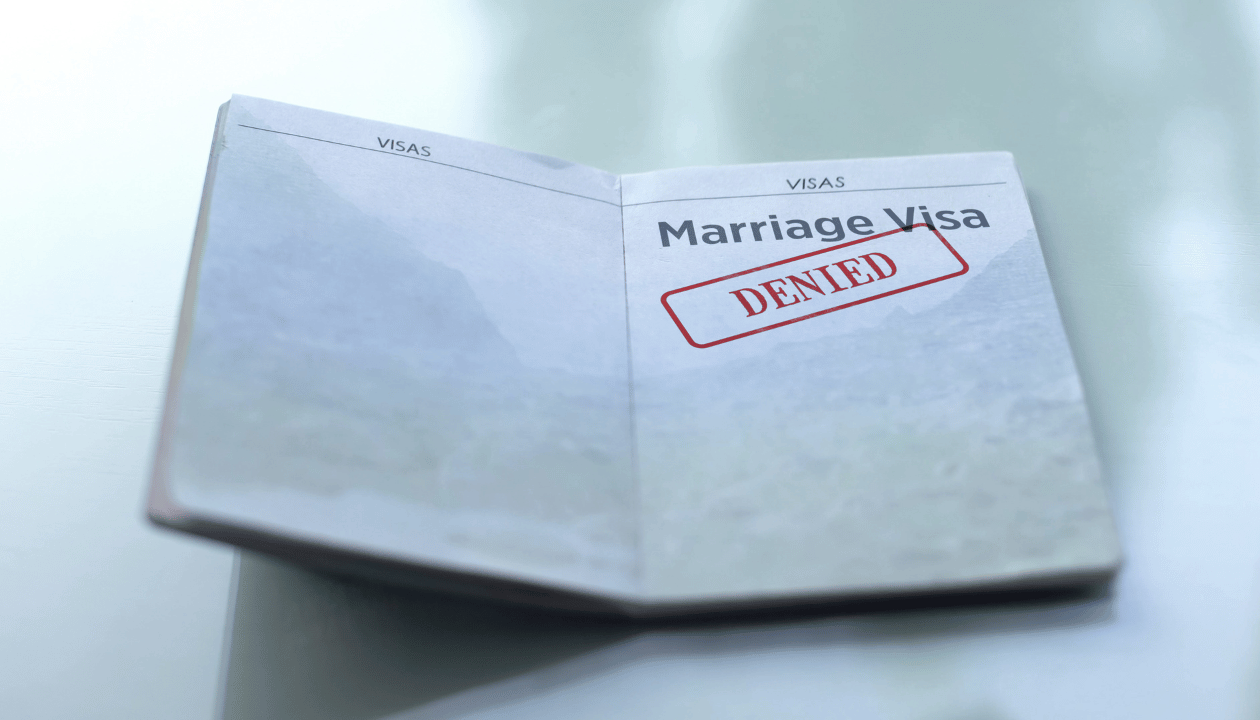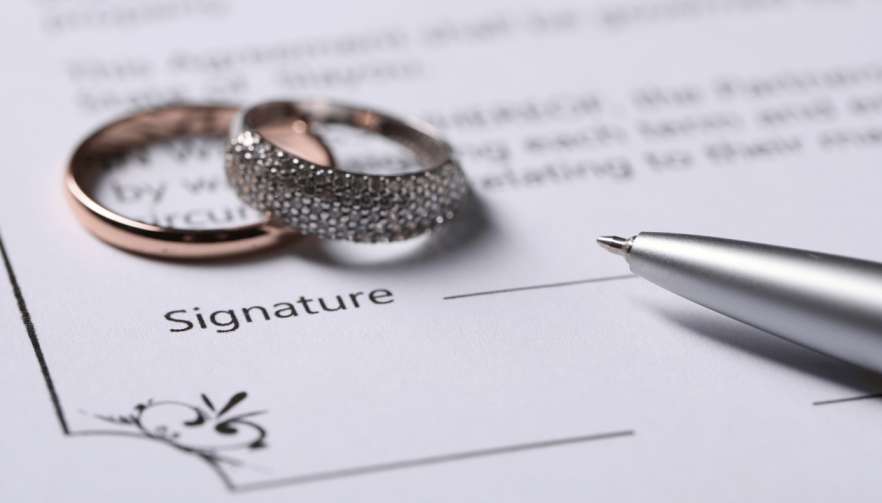What is the VAWA Self-Petition?
The Violence Against Women Act, or VAWA, was passed by Congress in 1994 to create a route to lawful immigration for victims of domestic abuse who would normally rely on their abusers to file for status on their behalf. This allows victims of abuse who are close relatives of established United States citizens and lawful permanent residents to file for immigration on their own. These individuals must prove that they have experienced violence or extreme cruelty in order to qualify for the petition. The standard immigration process involves a United States citizen or lawful permanent resident filing a petition for immigration. However, VAWA self-petition gives victims the ability to pursue legal immigration status independently.
Who is Eligible to Apply for VAWA?
Specific individuals are allowed to self-petition to apply for a Green Card without the support of an abusive spouse or family member. Eligibility is as follows:
- Spouses of United States citizens or lawful permanent residents: Individuals who have experienced abuse from spouses may be eligible to apply, provided the individual can prove their spouse has inflicted physical, emotional, or mental cruelty.
- Children of United States citizens or lawful permanent residents: Children suffering abuse may be able to self-petition. This opportunity allows vulnerable children recourse, regardless of age or marital status.
- Parents of United States citizen’s children: Parents who are abused by their United States citizen adult child may also qualify if they meet certain criteria.
A police report is not required as proof of sustained abuse.
- Abused spouses must demonstrate proof that the marriage was entered into in good faith, that the abuse occurred during the time of the marriage, and that the union is currently valid or was dissolved within two years of self-petitioning.
- The abuse must have transpired within the United States, and the victim is required to have lived with the abuser.
- Evidence of the self-petitioner’s good moral character must be proven. Proof may be a review of criminal records or other immigration transgressions. A limited number of arrests or transgressions may be overlooked if the victim can prove that the offending action was connected to the abuse that was suffered.
- The petitioner must be physically present in the United States at the time the application is filed to register as a permanent resident or adjust status.
- The petitioner must be eligible to receive an immigrant visa.
- An immigrant visa must be immediately available to the applicant at the time of filing the paperwork and at the time that United States Citizenship and Immigration Services makes its decision.
- The petitioner is not barred from adjusting status.
- The petitioner is considered admissible to the United States as a lawful permanent resident or is eligible for a waiver of inadmissibility or other forms of relief.
- The petitioner merits the favorable exercise of USCIS discretion.
What are Bars to Adjustment and Grounds of Inadmissibility?
All VAWA self-petitioners are exempt from bars to adjustment. That means that it is irrelevant how the petitioner entered the United States or whether one of a number of acts or violations of immigration law was committed. However, the petitioner must still be admissible to the United States. Criminal records are a common circumstance that deems a person inadmissible. For self-petitioners, all grounds of inadmissibility are applicable except for entry without inspection and those related to becoming a public charge.
What is the VAWA Self-Petition Process?
Obtaining a green card is crucial for victims of domestic violence as it is an essential step towards freedom from abuse. The process is as follows:
- Gather required documentation: Required documents may include photographic evidence, police reports, medical records, or other proof of abuse. Witness statements and other relevant documentation that substantiate an abuse claim may also be required. Additional documentation needed is:
- Two passport-style photos
- A copy of a government-issued ID with a photograph
- A copy of the applicant’s birth certificate
- Complete Form I-360: Form I-360 is the petition for Amerasian, Widow(er), or Special Immigrant and must be filled out completely and accurately. This form is the basis of self-petitioning and requires detailed information regarding the victim, the abuser, and the relationship history. Mistakes or inaccuracies in this form will warrant delays or denials during the application processing. Additional forms that must be filled out completely and accurately include:
- Form I-485, Application to Register Permanent Residence or Adjust Status
- Form I-693, Report of Medical Examination and Vaccination Record
- A copy of Form I-94, Arrival/Departure Record
- Prepare the self-petition packet: Gather all necessary documentation and Form I-360 into a comprehensive packet. This packet should include a cover letter that summarizes the case and emphasizes critical points from the provided evidence.
Is Self-Petitioning Confidential?
Applying for a green card under this arrangement is confidential, and the process incorporates numerous safeguards to ensure the applicant’s safety. The USCIS is not allowed to disclose any information about the applicant to third parties except in highly limited circumstances. The USCIS is also not allowed to deny an application based on information that was provided solely by the abuser or other prohibited sources. Additionally, if the applicant pursued an adjustment of status as a VAWA self-petitioner, the USCIS will not accept requests for change of address under that person’s name that do not come directly from the applicant.
Do I Need an Attorney?
The immigration process is a notoriously long and complicated endeavor. To decrease your chances of costly delays and denial, it is best that you use a VAWA attorney with strong success and experience with VAWA cases. If you need help, call The Chidolue Law Firm today at 407-995-6567 or 407-995-6567 or fill out a contact form for a consultation.



